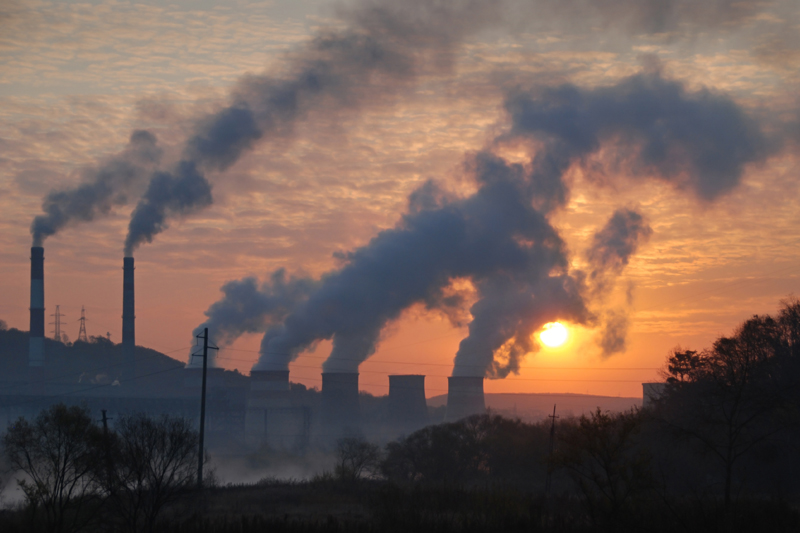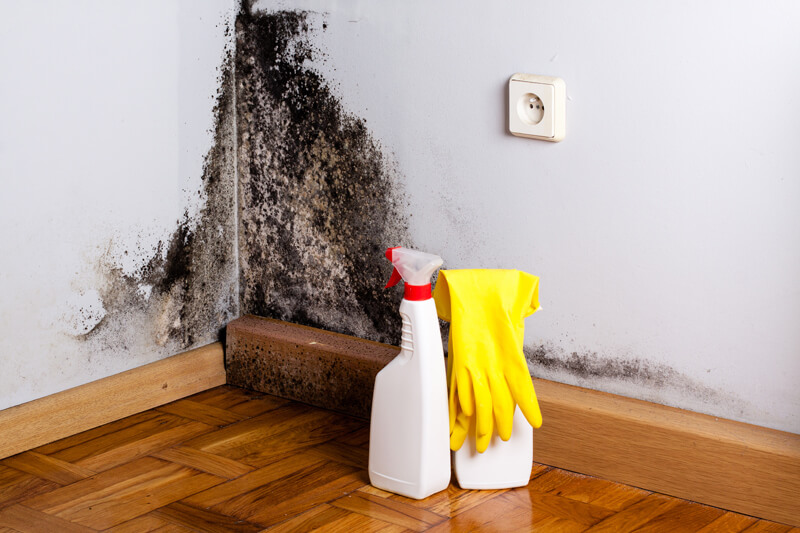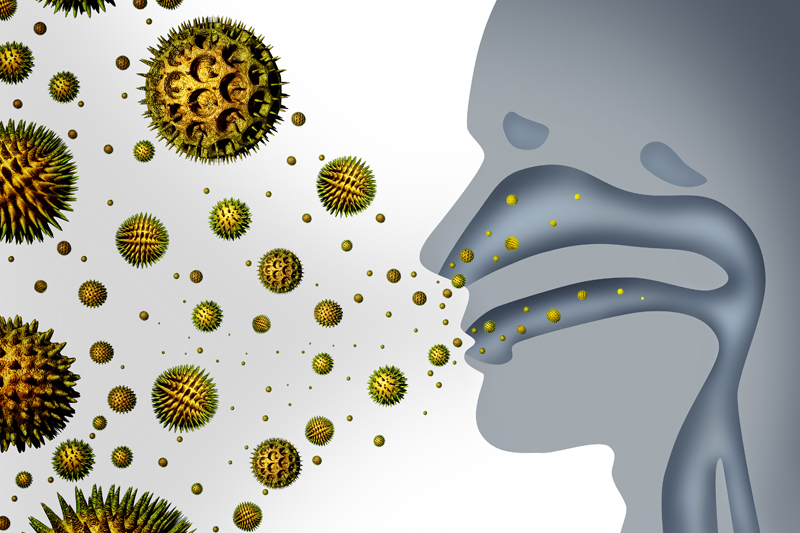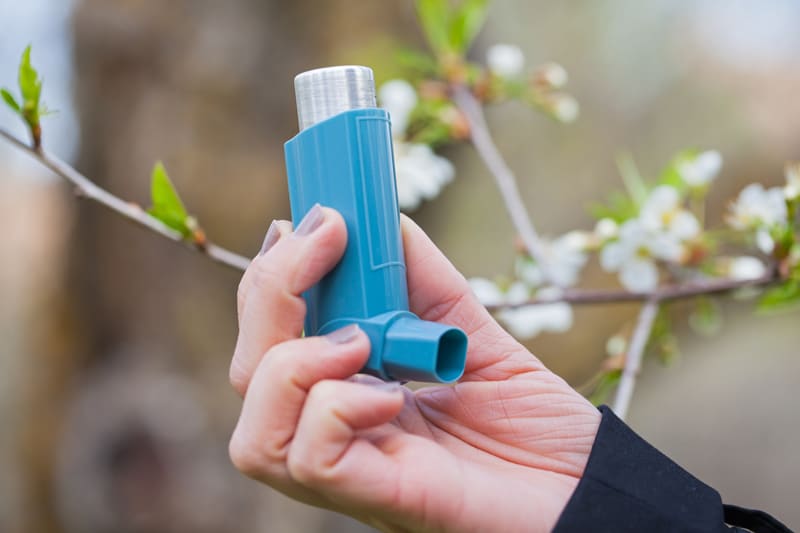There are 300 million Asthmatics in the world and amongst those, 1/10th live in India. Asthma is a common inflammatory condition of the airway that affects people of all ages and groups. Recent studies have shown that the number of cases of Asthma in children has increased in the last 10 years in India. Although researchers have determined that asthma is caused due to hereditary factors, it is on the rise because of recent changes in our environment.
Hence, it’s extremely important for every family with asthmatic members, fully understand how air pollution can affect the normal functioning of these individuals. As caregivers, family members should have all the information required to provide the best solutions when required.
Research has shown that air pollutants and irritants can make asthma symptoms worse and trigger more frequent attacks. Air pollution can make it harder to breathe; it can also cause other symptoms, like coughing, wheezing, chest discomfort, and a burning feeling in the lungs.
Listed below are reasons as to how air pollution can affect asthmatics:
1. Ozone
Ozone is one of the most common air pollutants. It contributes to smog which is common in urban areas. Elevated ozone levels can have a variety of negative effects on our lungs. Ozone can reduce lung functioning and cause breathing difficulty. It is well-known that ozone concentration is directly related to asthma attacks.

2. Airborne Particles
Airborne particles found in haze, smoke, and dust can get into the lungs through the nose or mouth and can activate your asthma. People with asthma are at greater risk from breathing in airborne particles. Both long-term and short-term exposure to these airborne particles can reduce lung functioning and bring about more asthma attacks.
3. Traffic Fumes
Traffic Fumes are a complex mix of by-products formed by the combustion process of the engine. They contain many pollutants including Benzene, Formaldehyde, Lead, Carbon monoxide, Sulphur dioxide, etc. These pollutants have an extremely detrimental effect on the human body starting with the lungs and also create heart problems. Long-term exposure to traffic fumes could also cause lung cancer aside from making asthma occurrences more frequent.

4. Volatile Organic Compounds (VOCs)
VOCs present in the household and cosmetic sprays, paints, new furnishings, wall coverings, etc may worsen allergies and Asthma. Chemicals that we mix in water to clean out clothes or swab the floor contain all kinds of asthma aggravators like Benzene found in tobacco smoke, Methylene chloride from adhesive removers and aerosol spray paints, Perchloroethylene used mostly in dry cleaning and those produced from office items like photocopy machines etc can add up to make asthma harder to deal with.

5.Biological Pollutants
Biological Pollutants arise from sources such as microbiological contamination e.g. mould, dust mites, animal skin and remains and dropping of pests. These pollutants can trigger asthma and cause allergic reactions.

Long-term exposure to high concentrations of air pollution may cause asthma in both children and adults. Babies are likely to get Asthma when women are exposed to high levels of air pollution during pregnancy, irrespective of the mother having the disease or not.
It is, therefore, imperative that you look after yourself and your family by ensuring that you keep pollution, at least in your home, as low as possible. One way to do this and help family members suffering from asthma breathe a sigh of relief is with plants. Our post here will give you some great options.





 1800-270-7000
1800-270-7000











Good idea about the plants! I have read a little about this and seems like a great idea. The air pollution can be a worry, but I guess it is a matter of trying to minimise exposure…
The article has really peaks my interest. Iwill bookmark
your site and keep checking for new tips.
Like!! I blog frequently and I really thank you for your content. The article has truly peaked my interest.